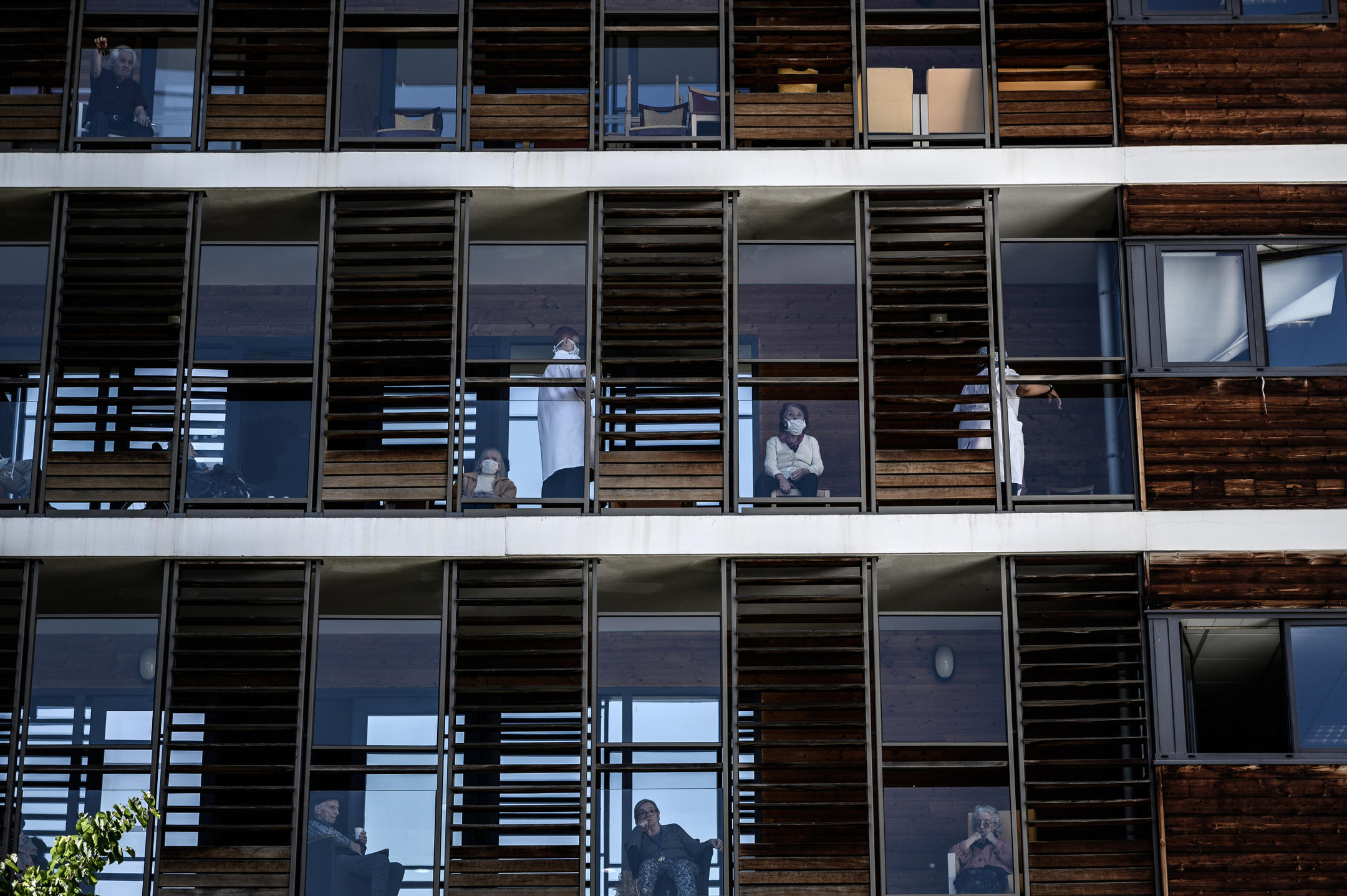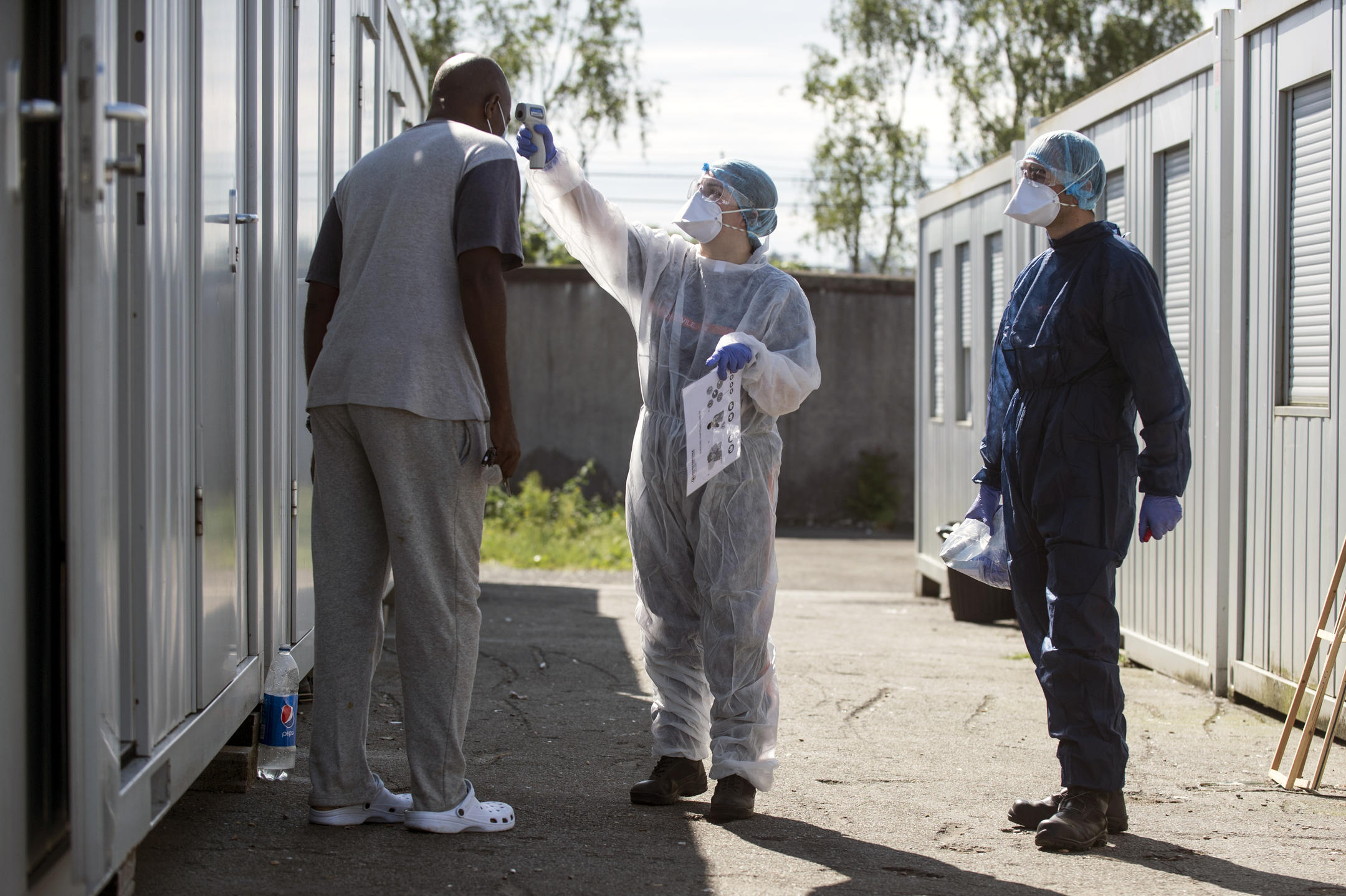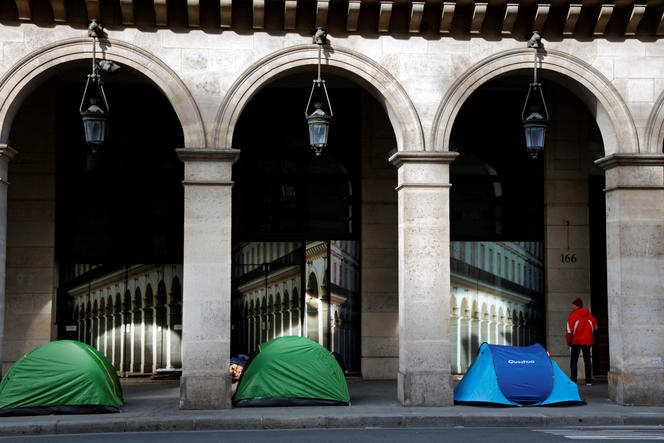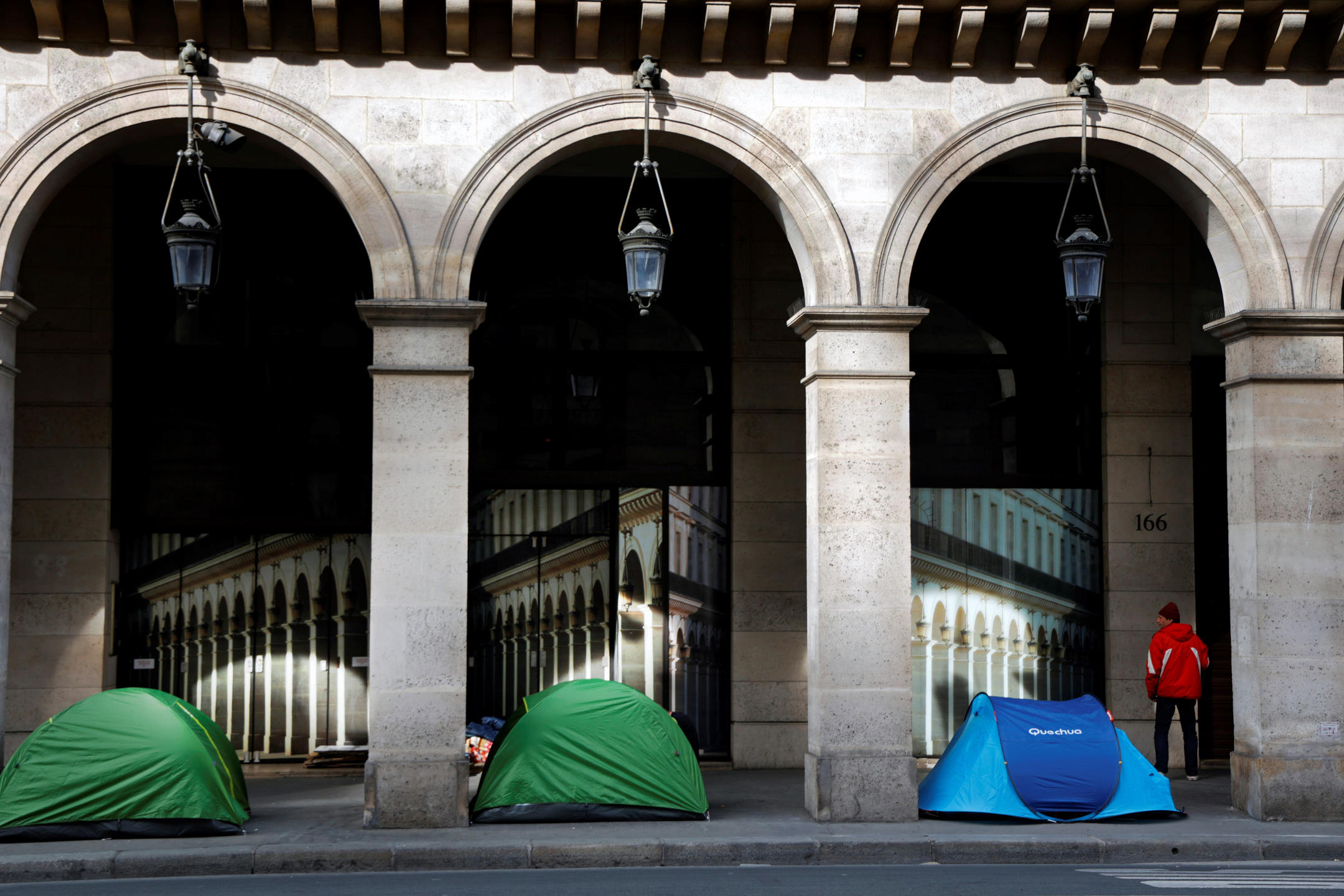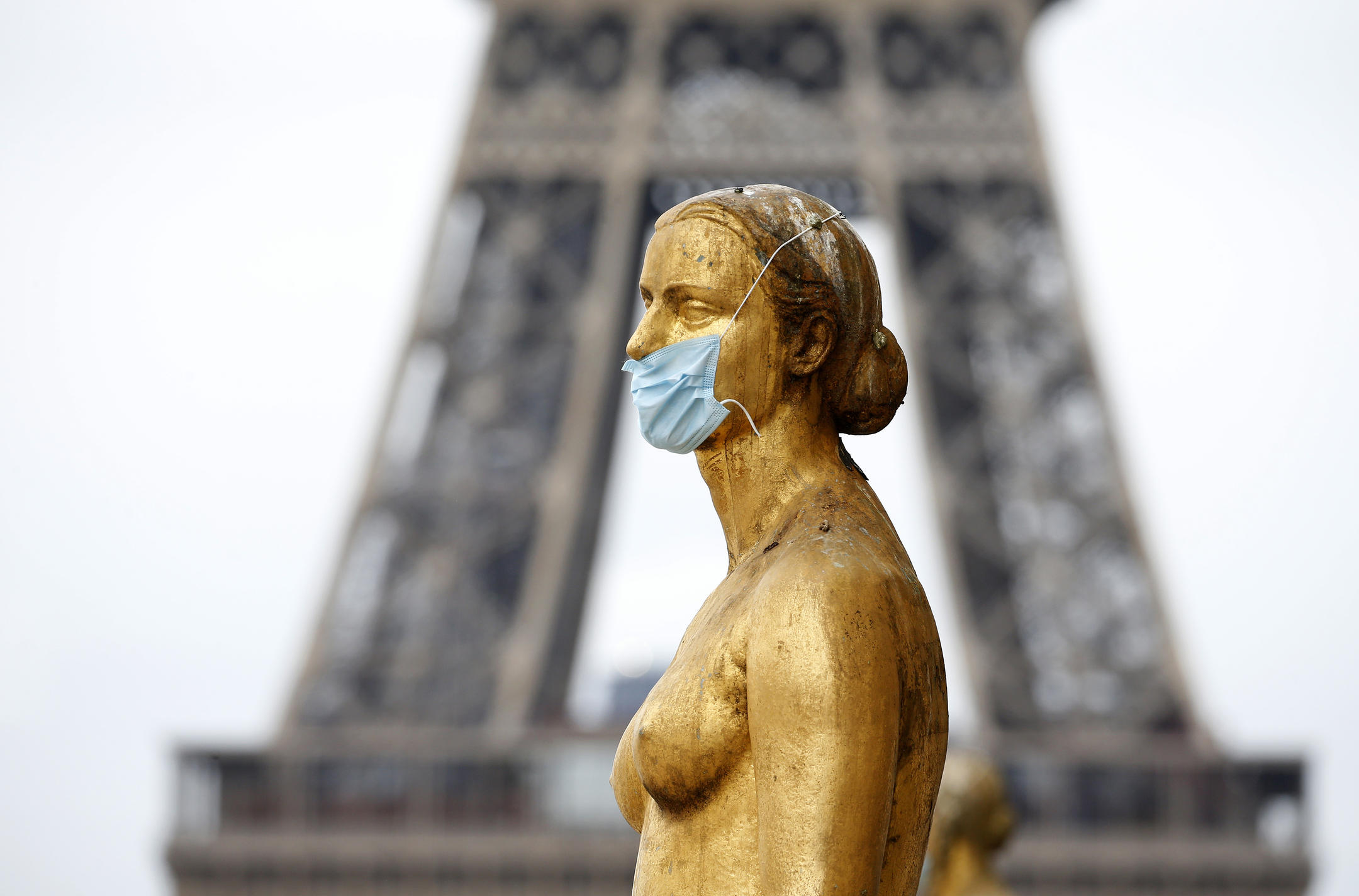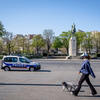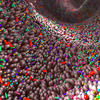You are here
"The pandemic has shown that not all lives are equal"
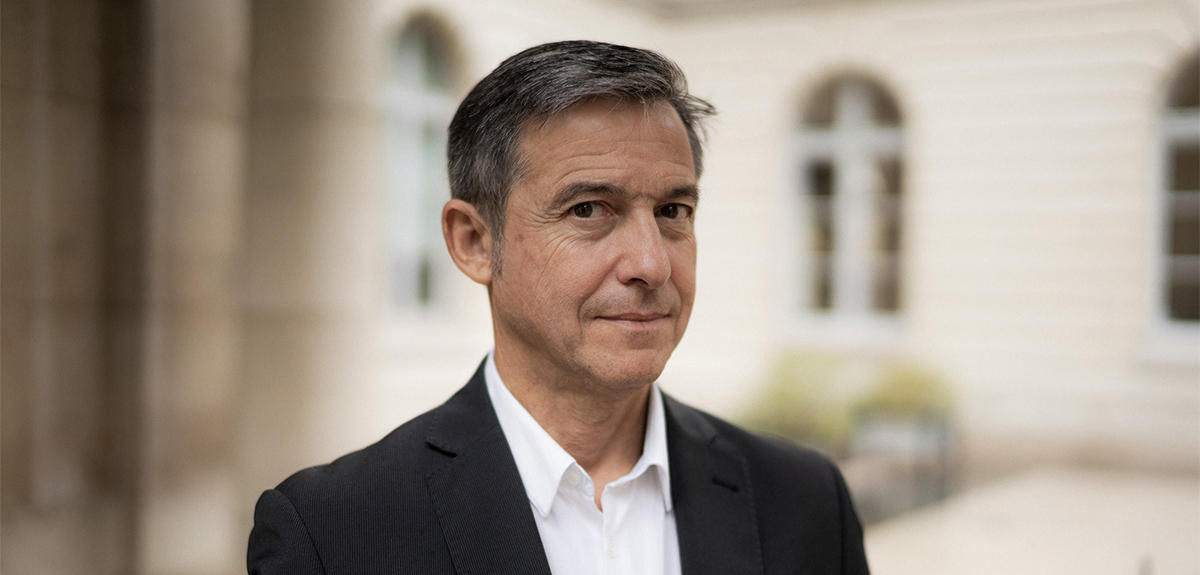
What is your analysis of the global health crisis?
Didier Fassin:1 Although we must not in any way downplay its severity, Covid-19 is not exceptional in terms of infectiousness or mortality rates. Measles, for example, is more contagious and was, before the development of a vaccine, more lethal. The uniqueness of the present situation therefore has less to do with the disease itself than the reaction to it. In an effort to slow the propagation of the virus, most countries – with a few rare exceptions, like Sweden – have implemented highly restrictive policies, including lockdowns, the suspension of business and other activities and the closing of borders. These measures were all the more stringent as many governments were unable to prepare for the possibility of a pandemic or respond to it effectively, exacting a considerable cost on the populations concerned. First of all, they had to accept limitation of their liberties, including freedom of movement, the right to demonstrate, to a dignified end of life and to honour the dead. Then they had to face an economic crisis, with bankruptcies, redundancies, unemployment and loss of job security – so many problems that various government aid programmes have been able to delay but not prevent. And yet, most people have accepted this dual sacrifice.
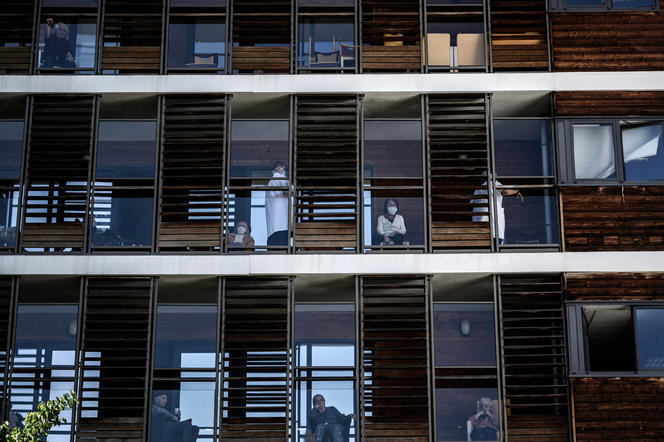
Why didn’t more people refuse to abide by these policies?
D.F.: The governments have explained that the essential reason for adopting this sanitary restrictions was to protect human lives. The French president referred to the ‘intangible principle’ that ‘nothing is more important than human life’ (address of 28 October, 2020), a point of view that achieves near consensus. Above all, the protective measures targeted the elderly, who suffered from the most serious forms of the disease. And yet it should be noted that, at least during the early weeks, the most vulnerable and dependent among them were often victims of tragic negligence, to the point that deaths in nursing homes were not even included in the daily statistics. In any event, the principle of saving lives, or what could be called the ‘humanitarian argument’, is widely approved by today’s societies. The life in question is limited, however, to its mere biological manifestation, which the philosopher Walter Benjamin (1892-1940) described as the simple fact of living. Turning it into the greatest good goes back a long time and it is possible to trace the history of that way of thinking. In many religions, such as Christianity, life is sacred. And for the philosophers of the Enlightenment it is an absolute good, one of the natural rights of human beings. It is therefore priceless – at least as an abstract notion, because when it comes to concrete lives, this value is highly unequal. Based on this premise, governments were able, in the early days of the pandemic, to convince most people to accept drastic restrictive measures.
Does the rejection of lockdowns in the US mean that life is considered less valuable there?
D.F.: There was no widespread rejection of lockdowns in the US. It is important not to confuse the declarations and ranting of the former president with the reality of the policies actually carried out. Under the country’s federal system, each state enjoys broad autonomy. A number of Republican governors refused to impose a confinement, or delayed the measure and suspended it very early on. The governor of Georgia made the headlines for his ‘unorthodox’ decisions. This position was even expressed as a theory, so to speak, by the lieutenant governor of Texas, Dan Patrick, who believes that grandparents like himself should be ready to risk their lives to save the country’s economy and the younger generation’s future.


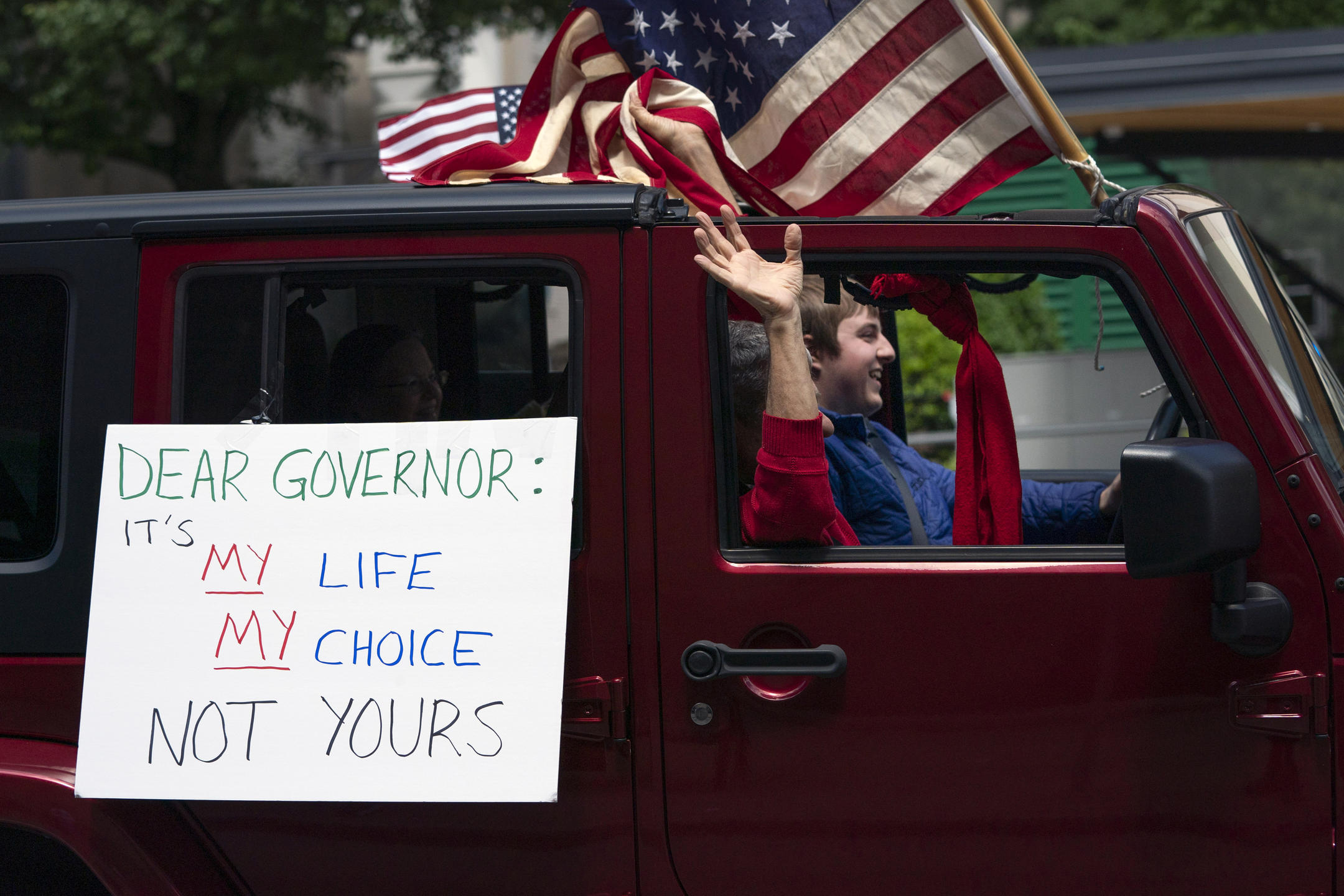
On the other hand, most Democratic governors, in California and New York in particular, imposed a lockdown by mid-March 2020. In some cases, these measures led to protests, as in Virginia, Minnesota and Michigan, but their media coverage was disproportionate to the actual number of people involved. Still, it is true that, in a less spectacular way, many Americans have been following the example of Donald Trump, refusing to wear a mask or observe social distancing. No doubt this is due to the country’s libertarian tradition, which values individual freedom over the dictates of the federal government, although in this case those invoking freedom take little account of the risk they pose to other people.
Were you in France or in the US during the lockdown?
D.F.: At first I was in the US, preparing the lectures I was going to give at the Collège de France, which were postponed for a year. I came back to France at the end of April, and when the lockdown was lifted I was able to do research on the inequalities revealed by the pandemic and the solutions that were provided. The investigation focused on prisoners and aliens, two population subgroups that I have worked with for many years. Those detained in penitentiaries, as well as illegal immigrants and refugees in administrative detention centres, found themselves in a paradoxical situation: while their confinement was supposed to protect the general population, it increased their own risk of contamination.
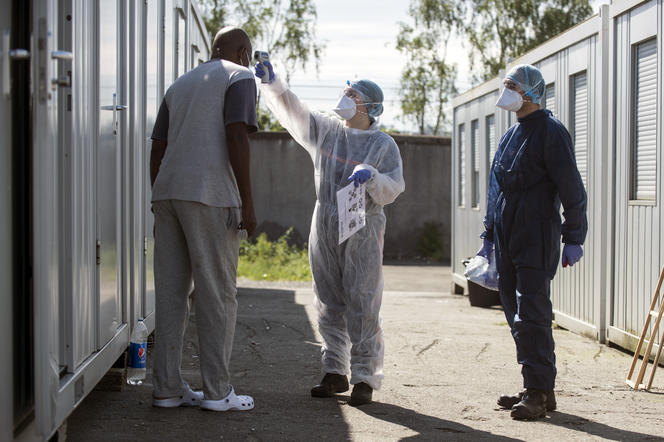
What solutions are being discussed or proposed in France for those in prison and detention facilities?
D.F.: In both cases, there has been a strong involvement on the part of NGOs, researchers, Le Defenseur des Droits (France’s independent human rights authority) and the Controller-General for Places of Deprivation of Liberty (CGLPL). For one thing, an effort was necessary to reduce prison overpopulation, and hence the risk of transmission. It should be pointed out that most inmates are awaiting trial and have not been convicted. Another objective was the temporary closure of detention centres, whose purpose is to detain illegal aliens until they can be deported – something that became impossible when the borders were closed and international flights suspended.
Has this resulted in concrete measures in prisons?
D.F.: The French Ministry of Justice decided to prioritise health over security. In less than three months, the number of prisoners was reduced by 20% due to the combined effect of early releases for inmates near the end of their sentences as well as a slowdown in court proceedings, which meant fewer convictions. This was a historic development, demonstrating for the first time in more than half a century that it is possible to approach the legal norm of one prisoner per cell. Preventive measures, often restrictive, were also implemented: visits by family members, lawyers and chaplains were suspended, along with sport activities, etc. On the other hand, in the US, where the prison population is 30 times greater than in France, most governors refused to release prisoners, even elderly or with serious health conditions, for fear of backlash from their constituents. As a result, more than 500 deaths were caused by Covid-19 in American prisons, compared with only one single fatality among inmates in France.
And what about the situation in the detention centres?
D.F.: France’s Ministry of the Interior refused to follow the recommendations put forth by the independent authorities. There was undeniably a sharp reduction in the centres’ populations, since the judges ruled that detaining foreigners had become legally and medically unviable, although several hundred detainees were kept in custody, under much weaker protective conditions than in the prisons, leading to reactions of anxiety, suicide attempts and hunger strikes. To make another comparison, the situation for illegal aliens in the US is much worse, as in addition to the family separation policy, which shocked the entire world, thousands of immigrants were crammed into camps devoid of the most basic sanitary conditions.
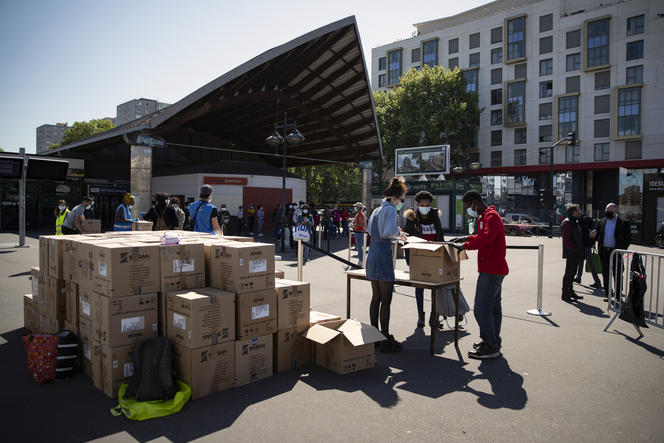

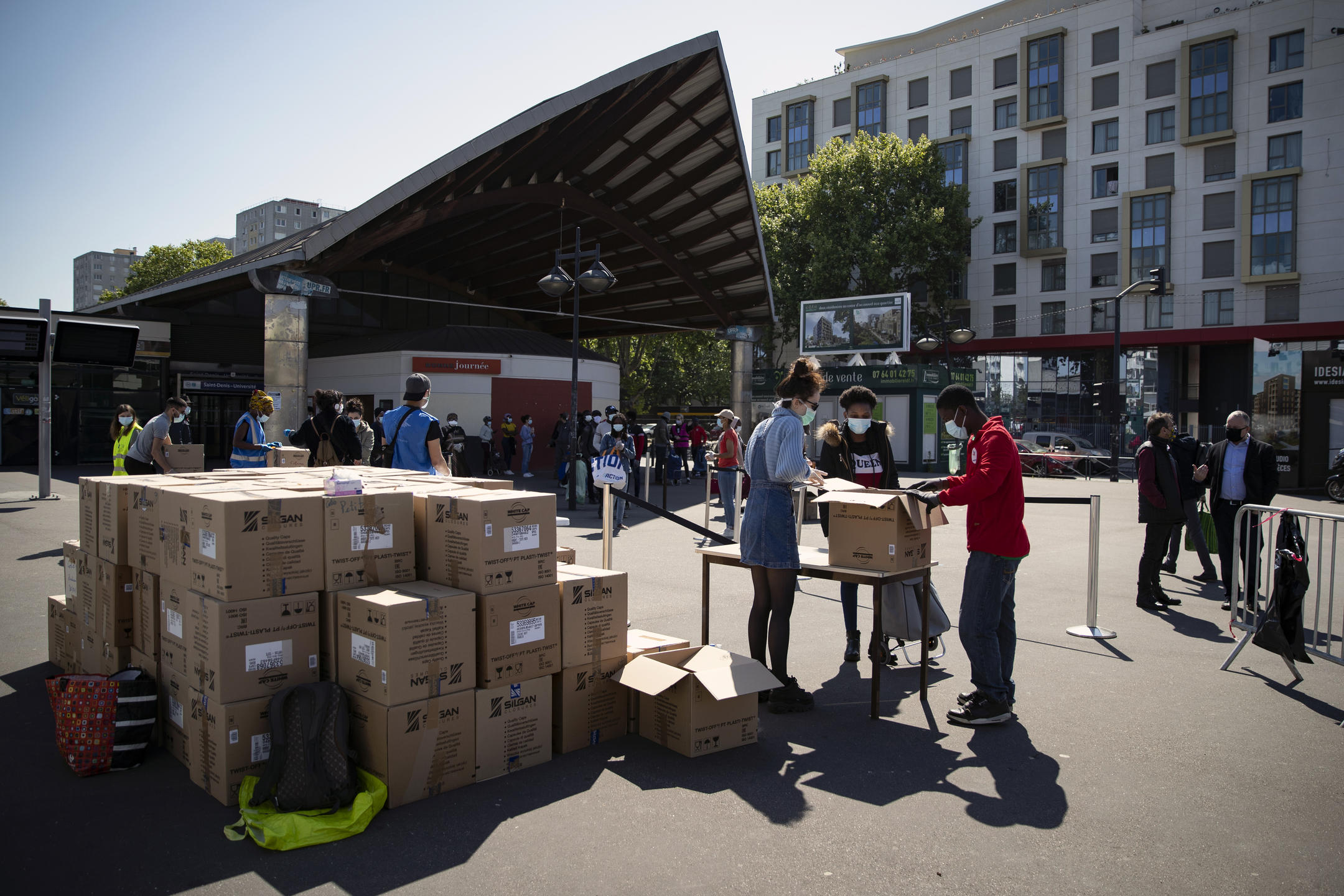
As a sociologist, what conclusions do you draw from this crisis?
D.F.: In a nearly experimental way, the health crisis has demonstrated a simple truth: not all lives are given the same value. This is of course true from one country to another, with greater inequalities in the US than in France, but it also applies within a given nation, where hierarchies are established among various social classes. It seems that the lives of foreigners whose only offense is to have entered the country illegally is worth less than that of prisoners who have been convicted of crimes. This empirical reality clearly contradicts the much-touted principle of life as the supreme good, which is theoretically of equal importance, regardless of the individual.
Could you give an example of this inequality in French society as revealed by the Covid-19 pandemic?
D.F.: The regional health agency, ARS, and the Greater Paris regional health observatory, ORS, alerted the authorities about the data from the Seine-Saint Denis département, in the outskirts of Paris. The statistics showed that its population had a higher infection and mortality rate than the rest of the country. Some of the reasons for this are known: overcrowded housing, and the locals holding indispensable but often insecure, low-status jobs (such as cashiers, refuse collectors, postmen, cleaners, or prison officers) that exposed them to the virus both in the professional sphere and on their way to work, at a time when masks were unavailable. Other causes remain to be analysed, such as access to healthcare and emergency services in these areas.
The pandemic drew media attention to these inequalities in relation to disease and death, but did they already exist?
D.F.: Of course they did. In the 1960s, the French philosopher Georges Canguilhem (1904-1995) explained that ‘each society has the mortality it deserves’. ‘The number of deaths, he wrote, and their distribution among different age groups accurately express the importance given to prolonging life to a greater or lesser degree.’ This is even more true when subdividing society by levels of financial resources: life expectancy at birth for males is 13 years shorter for the poorest 5% than for the wealthiest 5% of the population. And it must be noted that the areas with the highest mortality rates are also those with the largest proportions of first- and second-generation immigrants – a heritage of France’s colonial history that many would rather ignore. In the US, where slavery and segregation have left deep and lasting scars, the life expectancy of a black man with no higher education is 15 years shorter than that of a white man with a university degree.
Back to France: as you mentioned, very strict measures were adopted in the nursing homes at the beginning of the lockdown, such as isolating residents in their rooms, banning visits from family, etc. Under the guise of saving lives, didn’t we lose sight of human dignity?
D.F.: Indeed. Everyone emphasises, with reason, the importance of protecting life. But what exactly are we talking about? Here we mean life in its purely biological aspect. Yet there is also what one could call a biographical dimension, expressed in what we experience, who with, and how we feel about it – what the philosopher Hannah Arendt (1906-1975) called life as it can be recounted. This is not measured in terms of mortality, but rather dignity. It’s not just a matter of being alive, but whether one’s life is worth living. Some exiles who, after many trials and tribulations, end up in a country where they feel rejected and ill-treated, happen to ask themselves the question. In many parts of the world, the economic and social repercussions of the health crisis will reveal the urgency of providing answers.

Why does the epidemic’s effect on this aspect of life get so little coverage?
D.F.: Because it is difficult to assess. One needs to take into account the invisible lives lost, as well as those ruined, which go unnoticed. The lost lives are the fatalities that are not included in the death toll of the coronavirus crisis. They will only appear much later as part of the overall increase in the mortality rate. While statistics on the number of hospital deaths due to Covid-19 are made public on a daily basis, the data published by demographers won’t get any more coverage than the tens of thousands of additional lives lost in the US to suicide, overdose and cardiovascular disease that were recorded one decade after the financial crisis of 2008. As for those ruined by unemployment, lack of job security, loss of self-worth and social disqualification, they will leave even less of a mark in the history of the pandemic. Yet they certainly deserve to be the subject of research programmes.
Looking to the future, how could the pandemic help us save lives in the case of another similar outbreak?
D.F.: I have emphasised two factors that, in nearly every country, have caused a large number of avoidable deaths and led to restrictive measures with worrying consequences: the lack of preparation for an epidemic that researchers had nonetheless warned us against, and ill-suited reactions including cover-up of government mismanagement. There must be an honest and thorough evaluation of these shortcomings in order to avoid repeating the same mistakes. This evaluation must be made public and give rise to discussion. But at the same time, it is essential not to overlook an important aspect of this health crisis, namely the uncertainty generated by this type of event, which manifested itself right from the beginning, and can still be observed today. There is no question of showering criticism, but rather of drawing lessons from a crisis that brought to the fore structural deficiencies in the functioning of the healthcare and public health systems – and hence the need to correct them urgently.
- 1. Didier Fassin, a researcher at the IRIS (Institut de Recherche Interdisciplinaire sur les enjeux Sociaux: sciences sociales, politique, santé – CNRS / EHESS / Université Sorbonne Paris Nord / INSERM), is director of studies at the EHESS, holder of the Collège de France annual chair in public health since 2019, and a professor of social sciences at the Institute for Advanced Study (IAS) in Princeton, New Jersey (US).
Explore more
Author
Holding both an engineering degree and an MA in art history, Philippe Nessmann has three passions: science, history and writing. As a journalist, he regularly contributes to Science et Vie Junior, Ciel et Espace, le journal du CEA... He is also a published author of over fourty books aimed at a young audience, including historical novels (coll. Découvreurs du...


